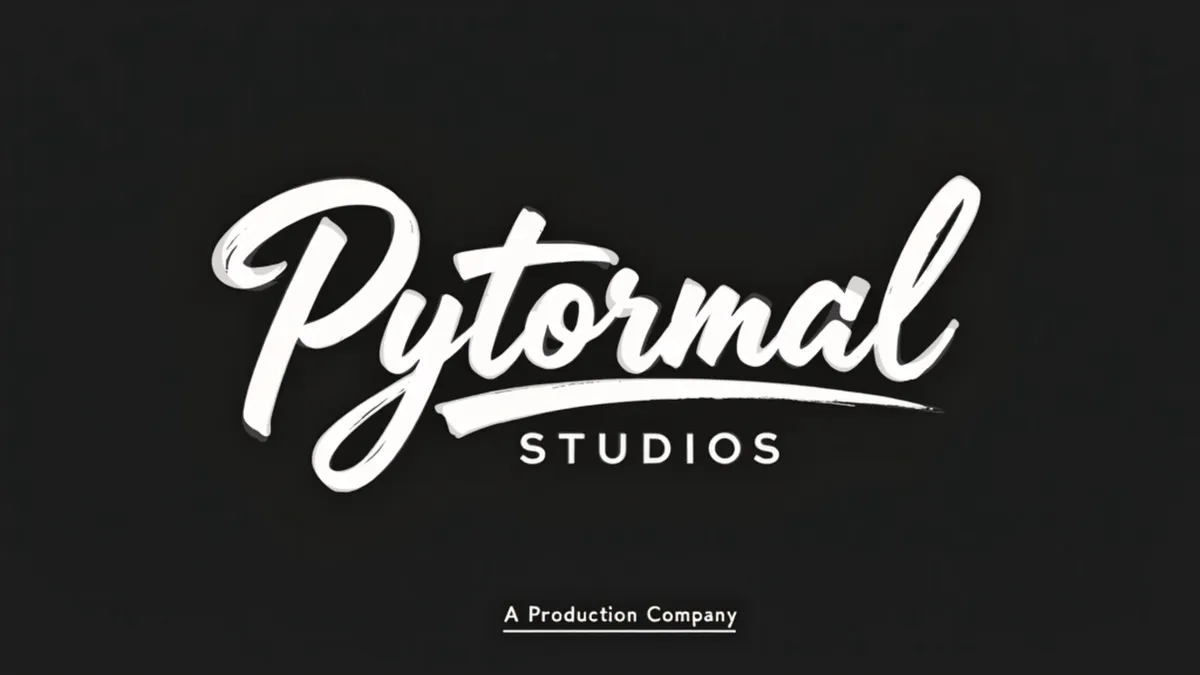Puits de Chroma / Théra Trame
An exploration of human behavior, perception, and the colors of thought.
Overview
The Human Pattern Project is the living mind-map of Pytormal Studios.
It exists to explore why humans think, act, and react the way we do around presence, nudity, color, comfort, and emotion.
Within this structure lie two central axes:
Puits de Chroma — the well of perception, where we study depth, emotion, and the spectrum of feeling, not pigment. The mind as a field of shifting hues.
Théra Trame — the weave of recovery, where we turn those insights into practice, healing, and collaboration.
Together, they form the psychological engine of Barely-Said and Nude Studies — one draws insight from within, the other weaves it outward into community and art.
Stage 1 — Research & Development
(2023 – 2026)
The Foundational Thread
This was the experimental phase — before Pytormal Studios was a studio, before Barely-Said had a name.
The goal was simple: to test how art, honesty, and technology could coexist.
Core Developments:
Pytormal Studios founded as an interdisciplinary experiment in emotional design.
Early philosophy established: “Nudity = presence, not performance.”
Creation of the Neural Loom, an AI-human collaboration framework to weave data, emotion, and narrative.
Establishment of Barely-Said as the prototype series — humor, discomfort, and naked honesty explored through short monologues.
Nude Studies seeded as a secondary branch for visual, behavioral, and psychological observation.
What We Learned:
Human discomfort with nudity isn’t rooted in the body — it’s rooted in behavioral conditioning.
This realization formed the philosophical basis for all later research into psychology, empathy, and awareness.
Stage 2 — Reflection
(2024 – 2026)
The Birth of the Mirror
As the early experiments matured, the studio shifted from concept to self-examination.
The Barely-Said Monologue Series evolved into a personal, emotional space — bridging performance and therapy.
Stage 3 — Awareness
(2025 – 2027)
The Cultural Dialogue
The studio began speaking with the world, not just about it.
This phase introduced the social and psychological layers that redefined Barely-Said from a solo series into a cultural statement.
New Directions:
Integration of psychological studies on shame, desire, and projection.
Awareness Posts launched across Facebook, Instagram, and Reddit — visual protests against algorithmic censorship.
Collaboration potential recognized: psychologists, sociologists, and intimacy coordinators added to the vision board.
Beginnings of the Mindful Audience Model — a study on how viewers emotionally respond to body-positive content.
Ongoing Study
Why do we feel comfortable with violence on screen but not with natural human skin?
This question became the bridge from awareness to applied research.
Stage 4 — Integration
(2026 – 2028)
The Convergence of Art and Psychology
This is the phase now forming — the merging of creative expression and human science.
The Core Pillars:
Puits de Chroma
The research well of perception, emotion, and visual cognition.
Studies include color psychology, body language, and comfort thresholds.
Each observation becomes data for understanding emotional patterning.
Théra Trame
The applied side — workshops, reflections, dialogues, and emotional healing.
Focuses on translating introspection into emotional growth and artistic practice.
Includes mentorship collaborations with psychologists and behavioral artists.
The Integration Objective
To create a unified language where artists, psychologists, and technologists can communicate about human comfort, shame, and presence without stigma or censorship.
Stage 5 — Expansion
(2026 – 2029)
From Research to Resonance
The final stage transforms observation into actionable, teachable frameworks.
It’s about connection, education, and publication.
Upcoming Developments:
Barely-Said Conversations: expanding beyond the monologue into dual-host discussions on psychology, empathy, and awareness.
Nude Studies Field Labs: in-person experiments in social nudity, body neutrality, and collective comfort.
The Human Pattern Archive: an open digital repository mapping emotional responses, behavioral studies, and creative reflections.
Thera Labs: pilot collaborations with universities and mental health professionals integrating art therapy and social study.
Puits Exhibitions: installations visualizing data as art — sound, light, and movement as emotional metrics.
Join the Project
We’re seeking people who want to help redefine what it means to study humanity artistically.
Ideal Collaborators
Psychologists & Sociologists – exploring perception, body, and behavior.
AI & Data Ethicists – bridging neural understanding and emotional patterning.
Filmmakers & Intimacy Coordinators – translating theory into practice safely.
Writers, Artists, and Designers – crafting visual or literary interpretations of emotional research.
Contact Us
Book a Discovery Call (60 min)
Schedule here📞 Work Line: 8026130022
✉️ Email: Here
The Puits de Chroma gathers; the Théra Trame restores.
Together, they form the neural and emotional network of Pytormal Studios —
an evolving consciousness of color, connection, and compassion.
Studio Focus
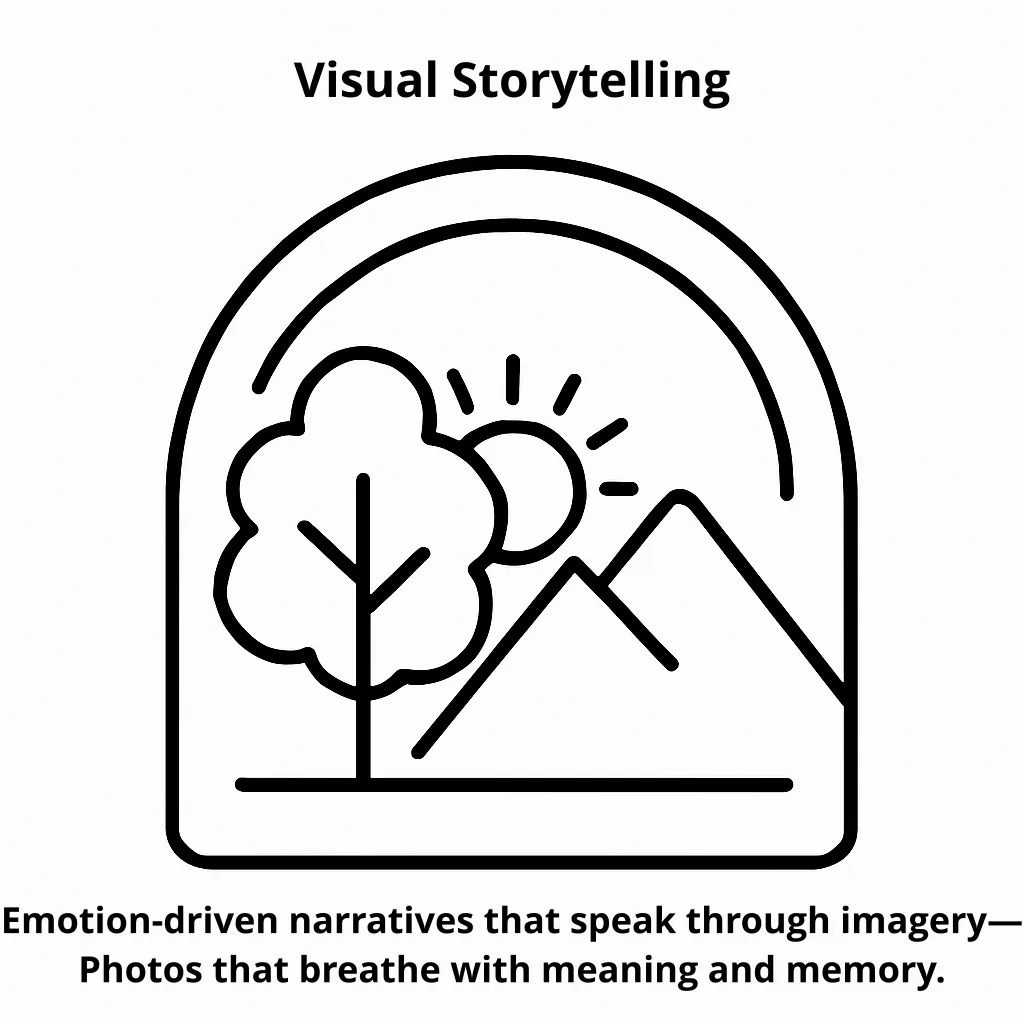
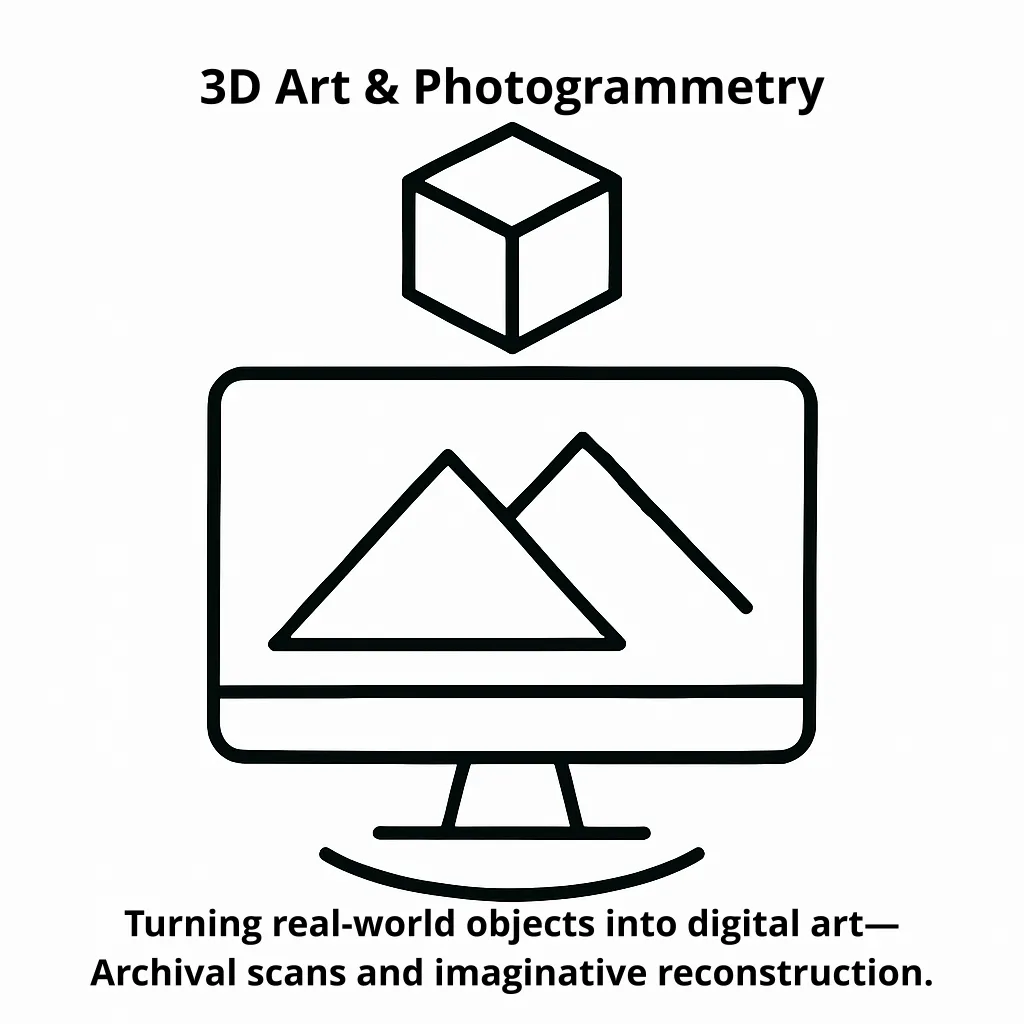
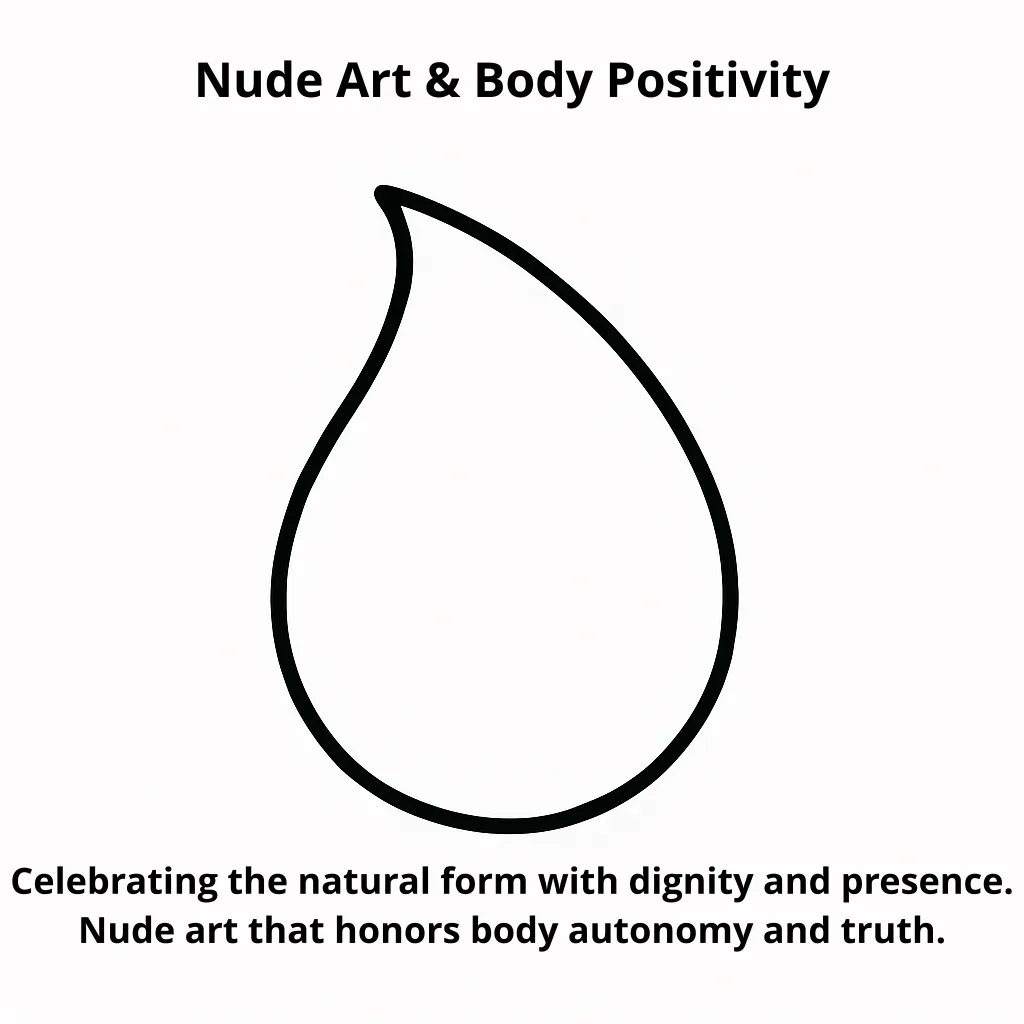
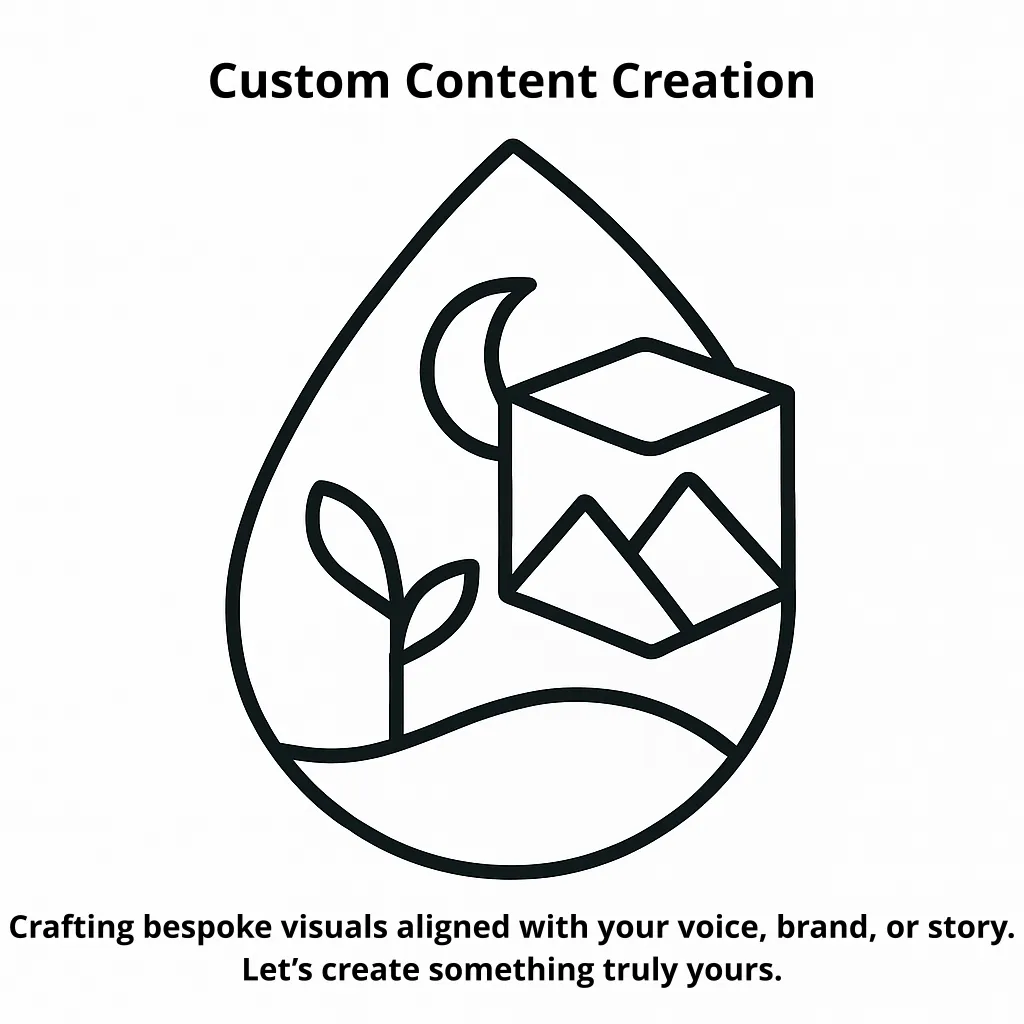
Portfolio Preview
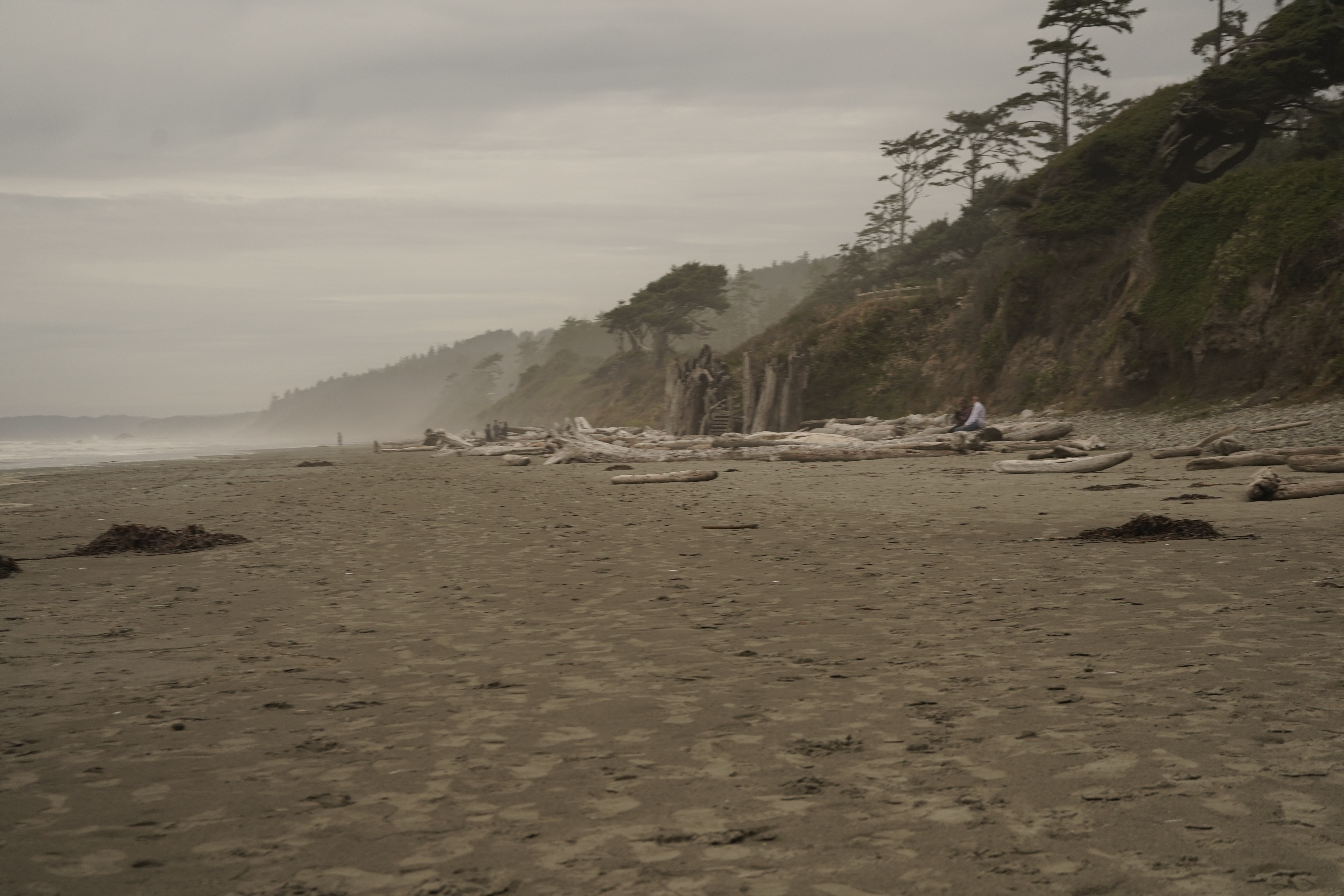
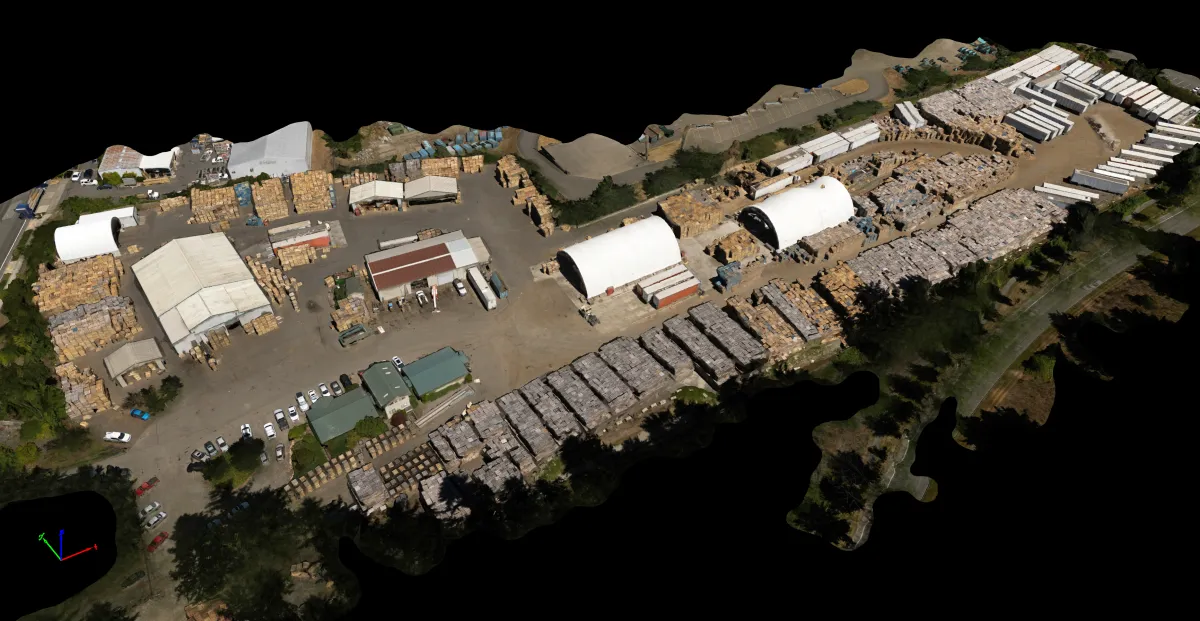
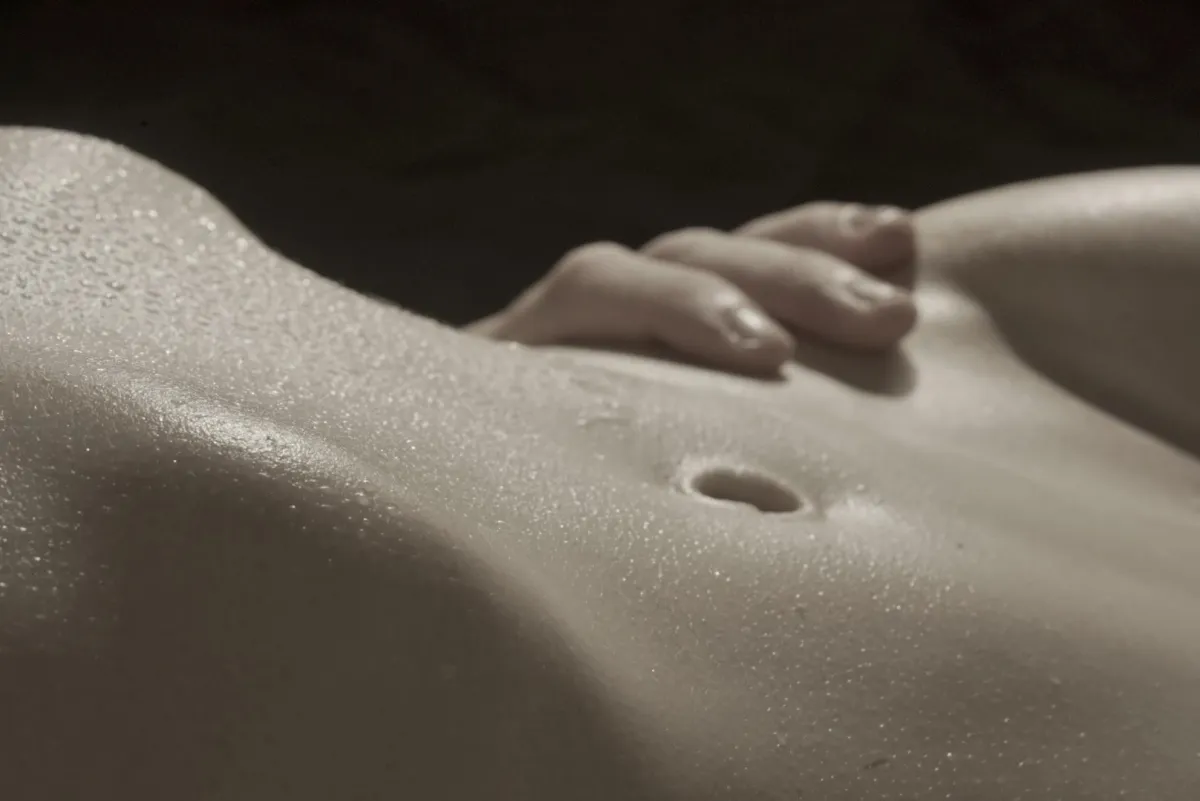
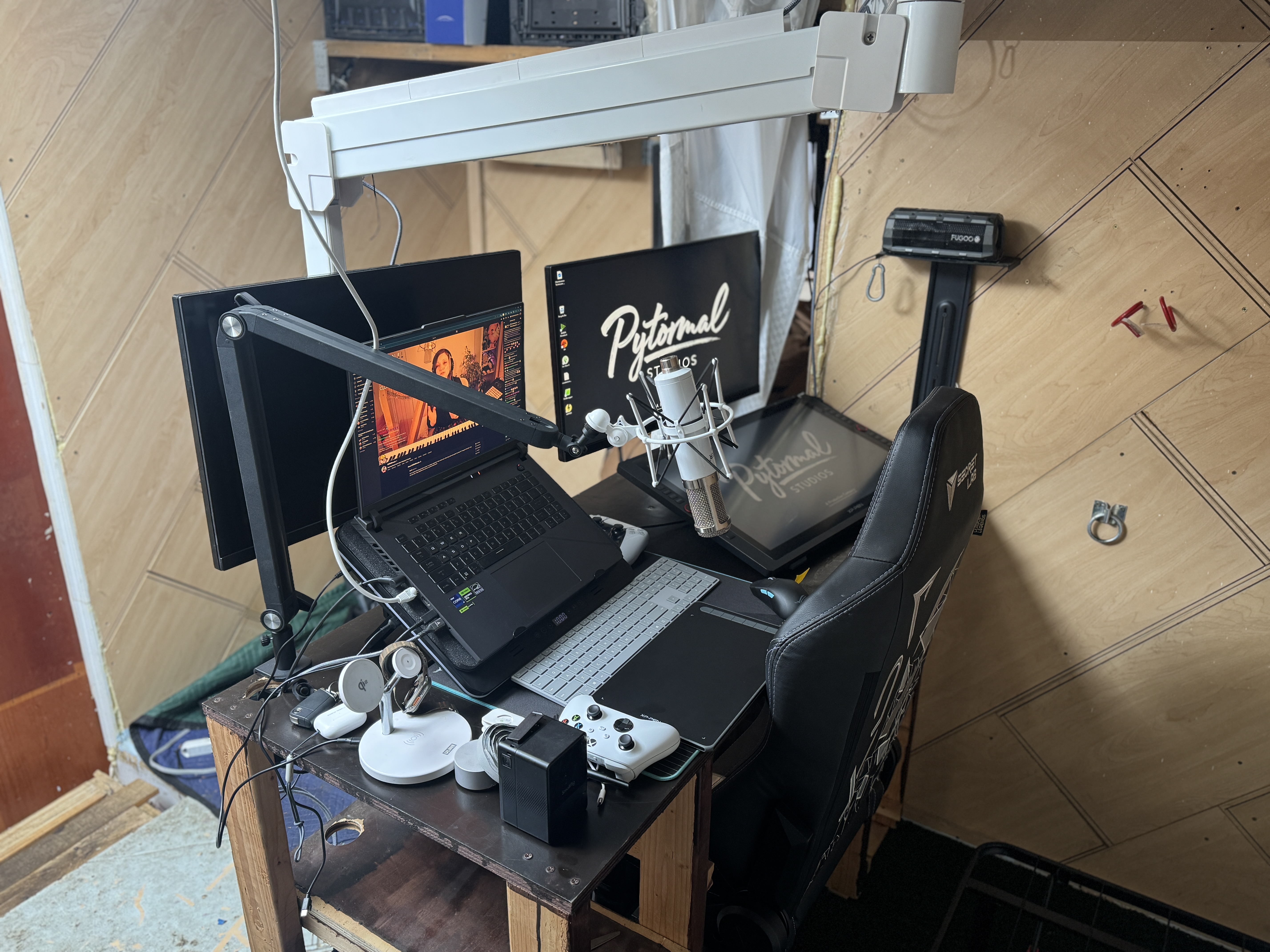
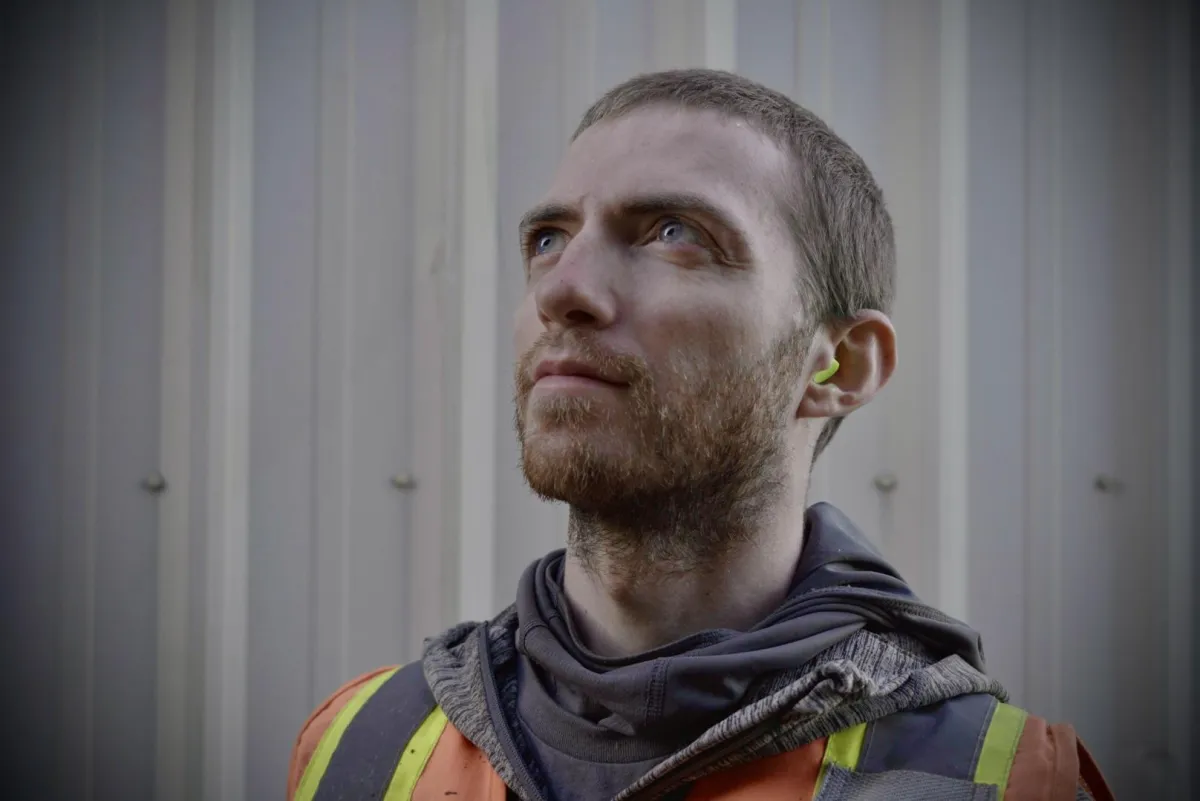
The Artist / About Me
“I create with presence—capturing human stories through thoughtful visuals, emotional truth, and intentional design. This studio is where art meets purpose.”
Book A Session
“Each session is more than a shoot—it’s a collaboration. Let’s build something honest, together.”
